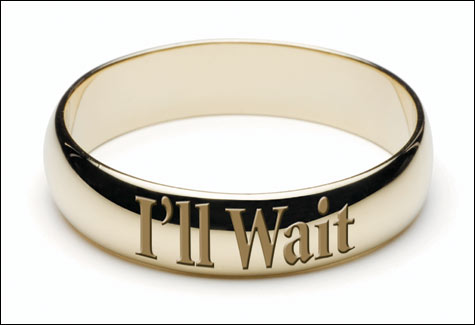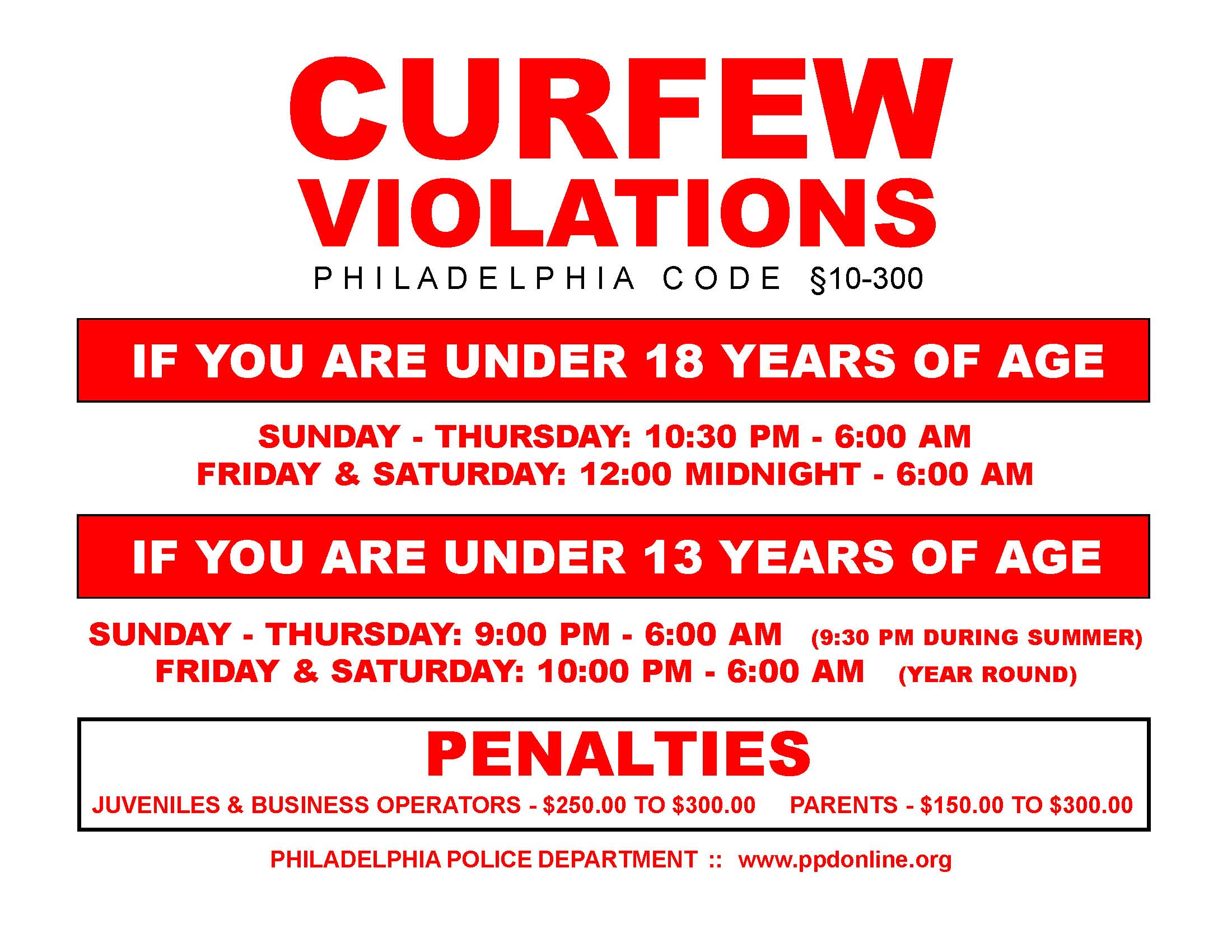In most societies, the 18th birthday is celebrated with great style as it marks the person’s transition to being regarded as an adult. To the 18 year old, it is much more exciting because it means more freedom. In most countries, it is the age at which full rights are established under law. It is considered the age when people are supposed to be aware of their actions and are in thorough control of their mind. They are able to make decisions for themselves and are therefore, regarded as adults who are able to enjoy the rights of making decisions for themselves which helps define them as a person under law.
I agree with the marriage and cell phone laws. However, the law that I disagree with the most is the law that places curfew and restrictions on the daily routines of every young adult. Although, the effort made by the government to reduce juvenile crime rates is recognized, it proves to be unnecessary as this law has neither changed nor brought about a decrease in the crime rates. This restriction forces teenagers to do anything in their power to act against the law. They are allowed to leave their homes after curfew times only when they are in the presence of adults, but some adults even render to be irresponsible, especially adults who are suddenly deemed adults as soon as they turn 18. The government puts in a lot of work and effort into these laws by making important decisions on where to place curfews and at what times and to what age group. The ease with which teenagers dodge these laws makes it ineffective. It has been proven in many states that the law is useless because the same numbers of crimes take place during the non- curfew times as it does in the curfew set times as well.
Moreover, since states differ in their age limit for different restrictions, the definition of a person remains unclear. In some states, an individual is considered a minor while in the other states the “minor” enjoys rights regarding the same law. This statement applies for the laws regarding early marriage and curfew. But I believe that with age comes maturity and it is the basis that all the laws lie on. With more life experiences to share and more difficulties being experienced, the individual subconsciously develops a sense of maturity that enables them to make right decisions. These laws based on age portray how the society agrees that maturity grows along with age proportionally. The laws just exist to protect minors until they reach the adult stage. In the case of all the laws that I picked, these restrictions based on age, limits freedom and rights for individuals below the age of 18. Therefore, they begin to lose their position as people under law, since freedom and rights are being stripped away from them. Since minors do not enjoy much freedom as in the case of the adults in the society, they move further away from being defined as a person until they reach the age of maturity as well.








